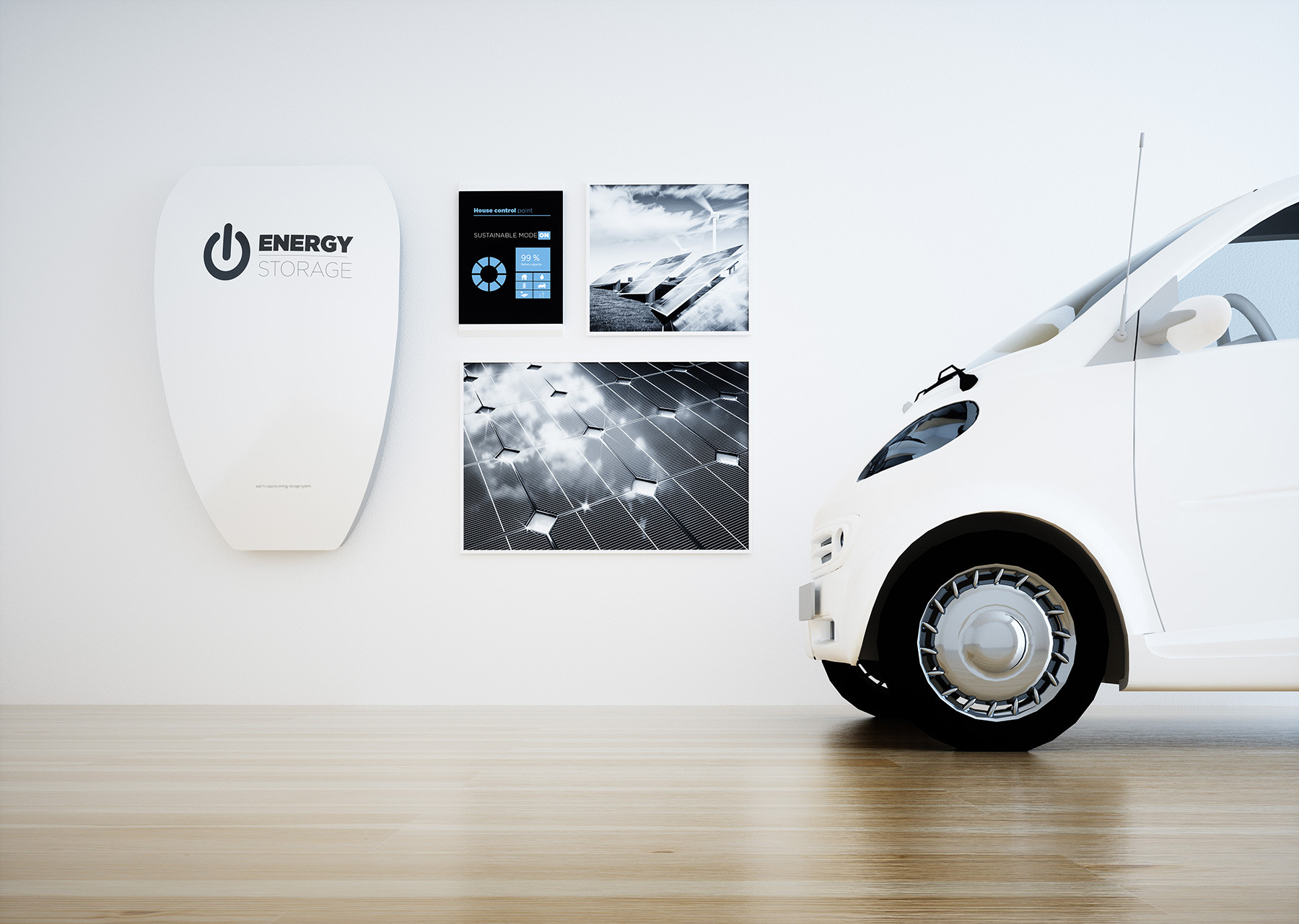Reneos: the European tailor-made solution for end-of-life batteries
Reneos is a European network specialising in the collection and recycling of batteries, and offering tailor-made solutions. Read more about it here
Can you feel it too? The automotive industry is rocking on its foundations. The electric revolution challenges carmakers to claim their spot in the rising EV market, while falling car demand, rising costs, new emission laws, fast-evolving technology and new players on the market are pulling on their attention.
So how is this upheaval affecting your business? Do you feel scared or excited about the future? Do you see enemies or allies? Threats or new possibilities? At Reneos we believe that wherever there are challenges, there are opportunities. So let’s take a look at some new potential value streams that emerge as the car industry goes into full metamorphosis.

It hasn’t been smooth sailing for car producers in the past few years. These are some of the biggest challenges they face today:
According to a PWC study (2017) the future of the automotive industry is ‘EASCY’: Electrified, Autonomous, Shared, Connected and Yearly updated. Car producers will have to make a shift towards ‘EASCY’ mobility solutions, in order to stay competitive.
“Manufacturers and suppliers have to rethink their business model, focus attention on the user and offer ‘EASCY’ mobility solutions.” (PWC, 2017)
These challenges can only be overcome with smart investments and new value streams. Quick-witted businesses will discover that this wave of change brings a sea of new opportunities.
Traditionally, car producing companies have been running effectively on two business models:
However, due to the fast evolution of the industry, the playing field is changing, and so are the business models. Deloitte has conducted a study in which it paints some of the most likely scenarios of the future. The research proposes two additional value streams that will safeguard the future of carmakers:

At Reneos, we see a third opportunity to expand the value chain: energy storage solutions.
Not only the automotive industry is getting stirred up by change. Environmental thinking, due to its high priority on the global agenda, is becoming a major concern for all sectors and even private individuals. Everyone is looking for ways to lower their carbon footprint and make the big switch to sustainable energy.
Therein lies a whole new market for car producers who have already made steps towards sustainable energy and electrification. Companies across the industry are coming up with strategies to generate new value streams that revolve around energy. These are some examples by major players worldwide:
In 2016 Mercedes-Benz founded ‘Mercedes-Benz Energy’, which provides EV battery storage solutions. The US division has teamed up with solar panel distributor Vivint Solar. Mercedes provides the batteries for Vivint’s solar energy systems, using the same battery chemistry as in cars.
Tesla dreams of an ‘integrated future’, where people have a Tesla electric car, a Tesla Powerwall and a Tesla SolarRoof at home. The SolarRoof generates solar energy that gets stored in the Powerwall storage system, which in turn powers people’s homes and cars. In 2016, Elon Musk acquired SolarCity, allowing Tesla to offer fully integrated systems for sustainable energy. “With these products, our customers will have an entire sustainable energy ecosystem, comprised of products whose benefits go far beyond simply being sustainable.” (Tesla, 2016)

In Japan, Toyota is meeting the energy needs of supermarket chain 7-Eleven in a fruitful joint project. Toyota introduces its own developed technologies and systems in the stores and distribution of 7-Eleven, reducing CO2 emissions. In the stores Toyota installs stationary fuel cell generators and rechargeable batteries. For the distribution process, a newly developed small fuel cell truck aims to achieve zero emission of substances of concern, including CO2.

So it seems that batteries will play a vital role in the future of the automotive industry and its new value streams.
At Reneos, our mission is to help you deal with the logistics of it all:
Ready to find out what Reneos can do for you?